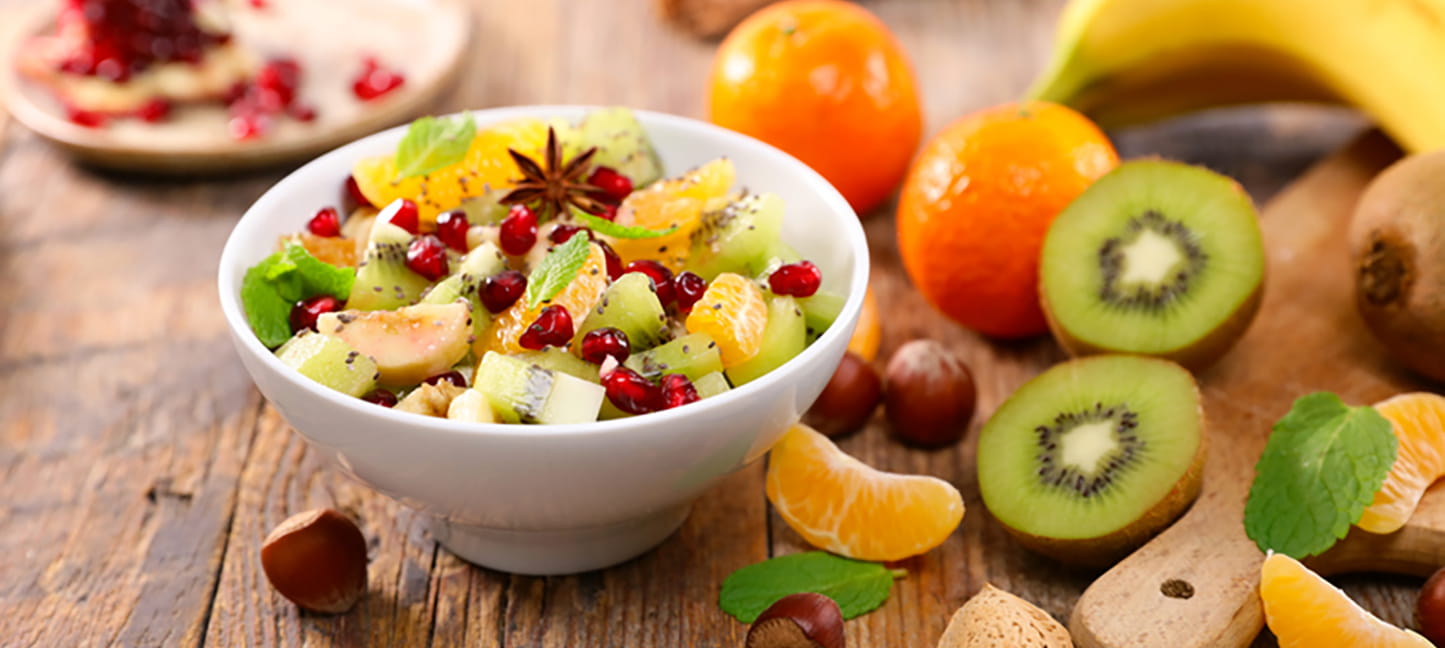The power of nutrition for your kidney health

Nutrition plays a vital role in maintaining our overall health, and it becomes even more crucial when it comes to managing kidney disease. Whether you have an acute kidney injury, chronic kidney disease or are preparing for a kidney transplant, a personalized diet plan prescribed by your nephrologist or a registered dietitian becomes essential to your kidney care and kidney health.
“The dietary guidelines usually aim at managing the underlying cause of kidney disease, such as diabetes or hypertension,” says Geoffrey Teehan, MD, system chief of nephrology at Main Line Health.
Managing potassium levels
The kidney diet doesn't have a one-size-fits-all approach — it mainly depends on various factors such as your diagnosis, kidney function, age, sex, height and weight. In general, the diet plans for people with kidney disease focus on controlling the intake of sodium, potassium, phosphorus, protein and fluids. In advanced kidney disease, the diet plans focus on low sodium, low potassium and low phosphorus.
When it comes to managing potassium levels, certain food items need to be limited or avoided altogether.
“Potassium is a mineral found in almost all types of food, and it plays a significant role in keeping your heartbeat regular and muscles functioning correctly,” says Dr. Teehan.
However, when you have kidney disease, your kidneys may not be able to remove the excess potassium from your body, which can lead to various health issues such as heart problems, muscle weakness and even sudden death.
Some of the food items high in potassium that need to be limited or avoided include:
- Avocado
- Artichokes
- Chocolate
- Bananas
- Baked beans
- Dried fruits
- Honeydew
- Broccoli
- Potatoes
- Spinach
- Tomatoes
- Some nutritional supplements
However, that doesn't mean you need to avoid all the potassium-rich food items. You can still consume them in moderation, depending on your potassium levels and kidney function.
Additionally, a plant-based diet for protein intake has been shown to slow kidney disease progression over animal protein sources, including fish. In advanced kidney disease, the diet plans focus on low sodium, low potassium and low phosphorus.
Managing sodium intake
In addition to managing potassium levels, it's also crucial to limit your sodium intake, which is found in many foods. Too much sodium can lead to fluid buildup, thirst and increased blood pressure, which can put extra stress on your kidneys.
That’s why it's essential to avoid adding extra salt to your food and limit the consumption of salty food items like popcorn, pretzels, cured meats and processed cheese. Checking the ingredients list of canned and processed food items can also help you avoid excess sodium intake.
Benefits of a kidney-friendly diet
A kidney-friendly diet can help manage your kidney disease and prevent further complications. Consulting with your nephrologist or registered dietitian is crucial to personalize your diet plan and ensure it aligns with your specific needs and kidney function.
Remember to keep track of your potassium and sodium levels, limit high-potassium and high-sodium food items, and focus on consuming a balanced diet with plenty of fruits, vegetables, whole grains and lean protein.
Next steps:
Make an appointment with Geoffrey Teehan, MD
Learn more about kidney care at Main Line Health
5 ways to shake the salt from your diet
 Content you want, delivered to your inbox
Content you want, delivered to your inbox
Want to get the latest health and wellness articles delivered right to your inbox?
Subscribe to the Well Ahead Newsletter.
